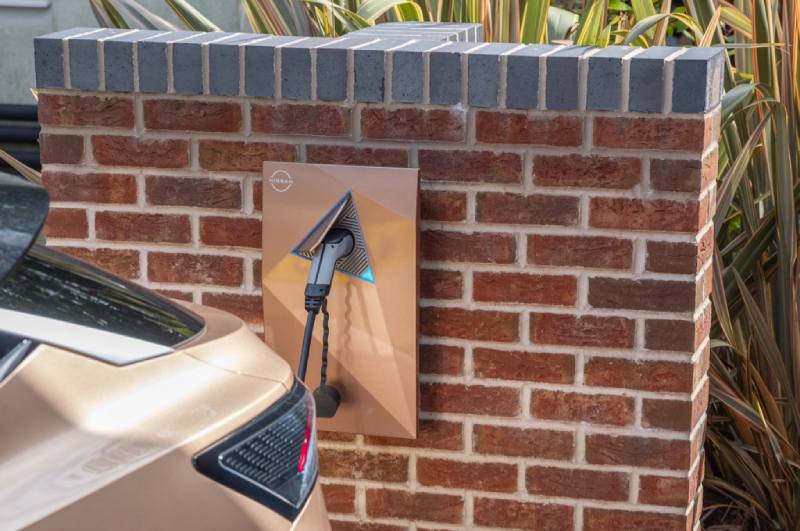In 2026, Nissan plans to introduce reasonably priced bi-directional charging for a limited number of electric cars.
Nissan committed to delivering unique solutions that facilitate the EV transition and open up new revenue streams in their business plan, The Arc, which is being advanced by this initiative. It also advances Ambition 2030, the company’s long-term goal of making the world safer, cleaner, and more inclusive.
Electricity stored in an electric vehicle’s battery can be used by EV owners to power their homes or resold back into the grid thanks to vehicle-to-grid (V2G) technology.
By storing electricity produced by solar or wind power and channeling it into the grid as needed, EVs with V2G technology can significantly contribute to the integration and increase of renewables into the energy supply, hence lowering reliance on fossil fuels.
Hugues Desmarchelier, vice president of Nissan’s global electrification ecosystem & EV programs, said: “This technology we will bring to customers is a potential game-changer for how we think of EVs. Not just as a means of getting from A to B, but as a mobile energy storage unit that can save people money and support the transition from fossil fuels, bringing us closer to a carbon-free future.”
Nissan’s vast experience in V2G, which includes over 40 pilot projects completed in various global markets over the previous ten years, serves as the project’s foundation.
Following a successful year-long trial at The University of Nottingham, UK, Nissan has become the first automotive company to gain G99 Grid code certification1 with an AC-based solution2. A G99 certificate enables the holder to supply electricity into the UK national energy supply*3.
Additionally, the experiment offered a priceless chance to gather user input and validate scalable AC and DC-based bi-directional systems.
The business, Nissan Energy, plans to provide V2G technology in the UK and other European markets after that. The goal is to provide customers with AC or DC-based V2G solutions that comply with local infrastructure and legal requirements.
As one of the bi-directional systems Nissan plans to offer, this AC-bidirectional system certified in the UK will leverage an integrated on-board charger to deliver a lower cost of entry, allowing the technology to be accessible to more people. Nissan aims to offer its AC bi-directional charger at a price comparable to a mono-directional charger available today *4.
Nissan’s V2G technology will provide users with total control and flexibility over their energy through a dedicated App, in addition to decreasing the barrier to entry.
The introduction is a component of Nissan’s plan to establish a completely integrated energy ecosystem, in which EVs made using sustainable practices will transport people with no emissions, can be charged with clean energy, and can supply electricity to both the grid and the home.


